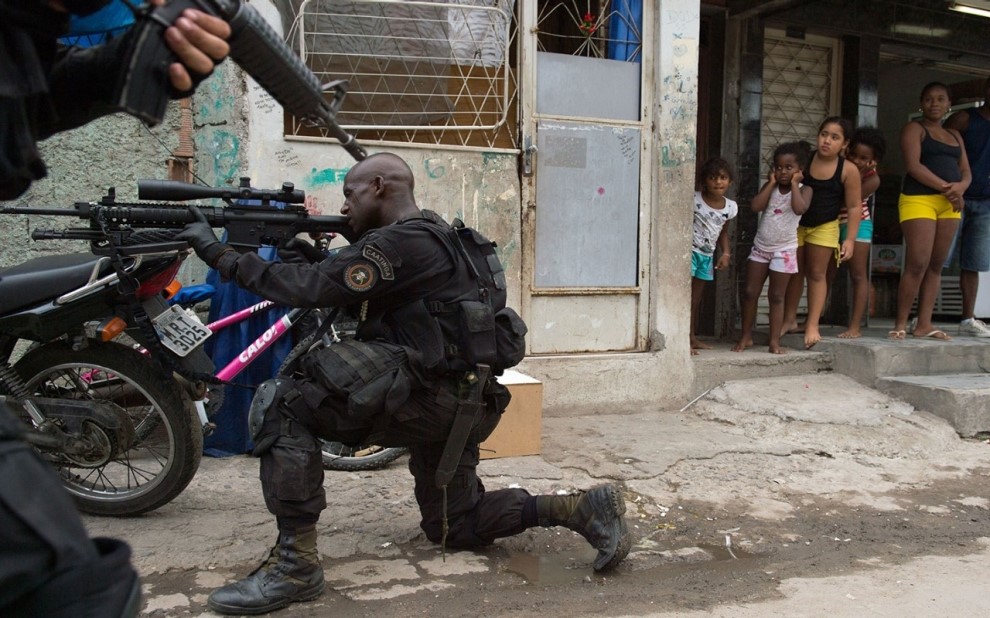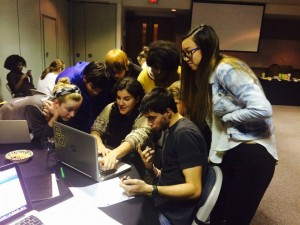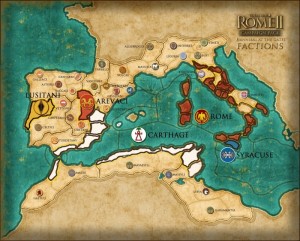
Compassion is defined by Dictionary.com as “A feeling of deep sympathy and sorrow for another who is stricken by misfortune, accompanied by a strong desire to alleviate the suffering.”
For one organization, the definition of compassion is embodied in a holistic context and put into practice by saving thousands of children everyday, spiritually and physically.
Compassion International is a child-advocacy ministry that pairs compassionate people with those who are suffering from poverty. The ministry assists children suffering from spiritual, economic, social, and physical poverty. The goal is for each child to thrive in adulthood and fulfill their potential as humans in this world.
On Monday, November 16, 2015, Richmond Wandera came to speak to the chapel services in Waco Hall and shared his story.
Wandera grew up in Kampala, Uganda – a small town in East Africa. At the age of 8, Wandera came home to see his father murdered at the front of their home and his mother in the hospital. Doctors were able to bring his mother back to full health, but Wandera recounts that things were never the same after that moment.
Wandera’s mother was prepared for marriage at 13 and married at 15. Without an education, trade, or skill, she was left helpless and unaware when it came to the care of her six children. As a single mother without a job and limited money, Wandera and his family were soon kicked out of their home.
In search of a new place to live, Wandera’s mother found a home for them in the slums of Naguru, Kampala, just three miles down from their previous home. Wandera remembered that three-mile walk as the longest walk of his life, as little was said between himself, his siblings, and his mother.
When the family reached their new home, it was a 10 by 10 foot shack with a tin roof that let rays of light in. It was the only home their mother could find and afford.
When things seemed like they could not get any worse, Wandera’s mother made an announcement to the family that they had run out of money for food. Wandera said that that single announcement changed everything. Starvation started to arise and so did a sense of hopelessness.
As Wandera told his story and recalled the tragic conditions of the slum, the story took a turn for the better. Wandera and his family received news that he had been given a sponsor from Compassion International. A 15-year-old girl named Heather had decided to sponsor a child halfway across the world that she would never meet. A 15-year-old girl who took up a babysitting job in order to sufficiently finance the needs of a little boy in Naguru, Kampala of East Africa.
Wandera was given a number, a special serial number that allowed him to receive healthcare from the community clinic whenever he felt ill. This number allowed him to receive food and clean water to drink. This number gave him hope for survival.
Today, Wandera stood before us in chapel, an accomplished man. With a bachelor’s degree in accounting, a masters of divinity, and a doctorate in leadership philosophy in the process, Wandera is determined to go back home and make a difference.
Wandera said, “We are all made to be significant. We are all blessed with gifts from God and given opportunities to be great.”
Richmond Wandera, once a child on the pamphlets of Compassion International, now stands before Baylor University’s chapel service to inspire thousands of students with his personal story.
Compassion International gives everyone, student or adult, teenager or parent, the ability to change a life across the world. Compassion is needed across the world, as can be seen in the recent attacks in Paris and tragedies on college campuses. The travesties in the world do not seem to be going anywhere, but where we place our compassion can end the tragedies sooner than later.
By joining Compassion International, we have the opportunity to start alleviating suffering across the world. Children are in need and we have the means to help them survive. We have the opportunity to be a beacon of light for these children and families and impact someone’s entire world with a single decision.
The minute sacrifice of minimizing restaurant meals or cutting back on Starbucks for a week can fund a child’s life. Our opportunities are ample and our time is now.
Make the decision to live simply, so someone can simply live.
Visit www.compassion.com for more information.
Kassie Hsu is a freshman BIC student majoring in neuroscience.








